About Valbona
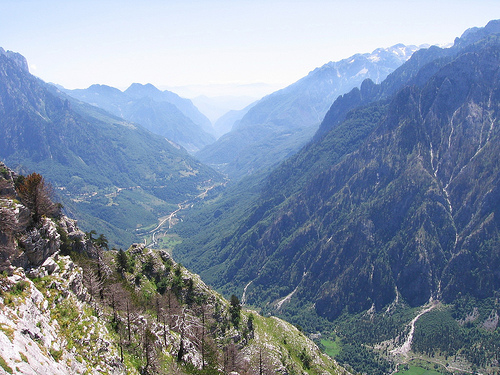 The name “Valbona” is used to refer to the Valbona River, which in turn flows through the valley bearing its name, and a small village in the valley, as well the general area informally. It’s located in the Tropoja District of Northern Albania. This district, bordering Kosovo to the northeast, and Montenegro to the northwest, in combination with the adjacent district to the west, encompasses a region called the Malësi in Albanian, which translates roughly as “The Highlands,” with all the attendant romance conjured up by the English term. A wild, high, mountainous region inhabited by strong and fiercely independent people, the Malësi has for the history of Albania been the region which was never really conquered or subdued by the various waves of invaders during the last 2,000 years of Balkan history. While the proper name of the mountains around Valbona specifically are the Malësi e Gjakovës (after the town of Gjakova in Kosovo), their name is most often translated in English as “The Accursed Mountains,” based on the name given to them by disgruntled Serbian would-be invaders.
The name “Valbona” is used to refer to the Valbona River, which in turn flows through the valley bearing its name, and a small village in the valley, as well the general area informally. It’s located in the Tropoja District of Northern Albania. This district, bordering Kosovo to the northeast, and Montenegro to the northwest, in combination with the adjacent district to the west, encompasses a region called the Malësi in Albanian, which translates roughly as “The Highlands,” with all the attendant romance conjured up by the English term. A wild, high, mountainous region inhabited by strong and fiercely independent people, the Malësi has for the history of Albania been the region which was never really conquered or subdued by the various waves of invaders during the last 2,000 years of Balkan history. While the proper name of the mountains around Valbona specifically are the Malësi e Gjakovës (after the town of Gjakova in Kosovo), their name is most often translated in English as “The Accursed Mountains,” based on the name given to them by disgruntled Serbian would-be invaders.
After the fall of communism in 1990, and the tragic economic collapse of 1996, Northern Albania also became the poorest of part of what was then the poorest country in Europe. Nice place to visit, eh? But wait, there’s more! By 2009, the Malësi have emerged from the shadows of recent history and are being rediscovered as a uniquely preserved natural and cultural treasure. Valbona, thanks in large part to the work of the Selimaj family, is one of a handful of centers of a burgeoning ecotourism industry. Foreign visitors to the region often remark that they had no idea that such an unspoiled, pristine place still existed in Europe. Local people welcome foreign visitors with a particularly moving enthusiasm. They know how far people have had to journey to visit them, and how often they are doing so in spite of the mountains’ fierce reputation. There is a strong affection for Americans in particular, in light of the assistance given to the population of Kosovo (90% ethnic Albanian) during the Kosovo War. Thus Valbona currently basks in fortunate possession of the twin resources of a perhaps unparalled natural beauty and a truly warm human generosity.
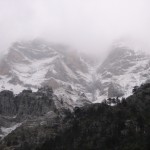
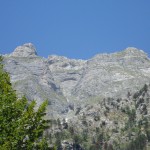
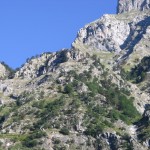
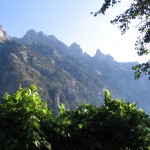
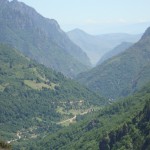
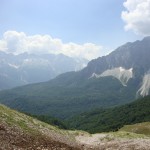
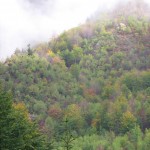
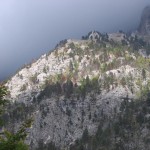
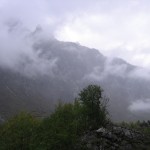
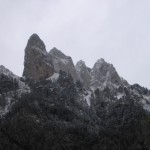
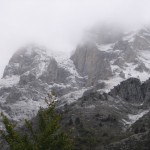
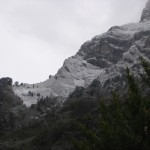




























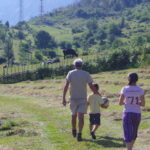 Valbona with Young Children?
Valbona with Young Children?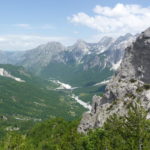 A Very Good Question! Where to Stay to Avoid the Hordes?
A Very Good Question! Where to Stay to Avoid the Hordes?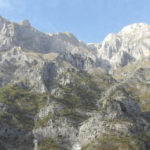 We visited in 2014 . . . .
We visited in 2014 . . . .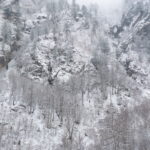
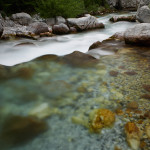 On the Dubious but nonetheless Glorious Triumph of Being [Recognized]
On the Dubious but nonetheless Glorious Triumph of Being [Recognized]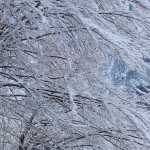 What Passion Feels Like
What Passion Feels Like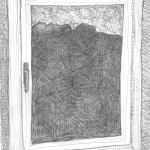 Long Dark Days
Long Dark Days